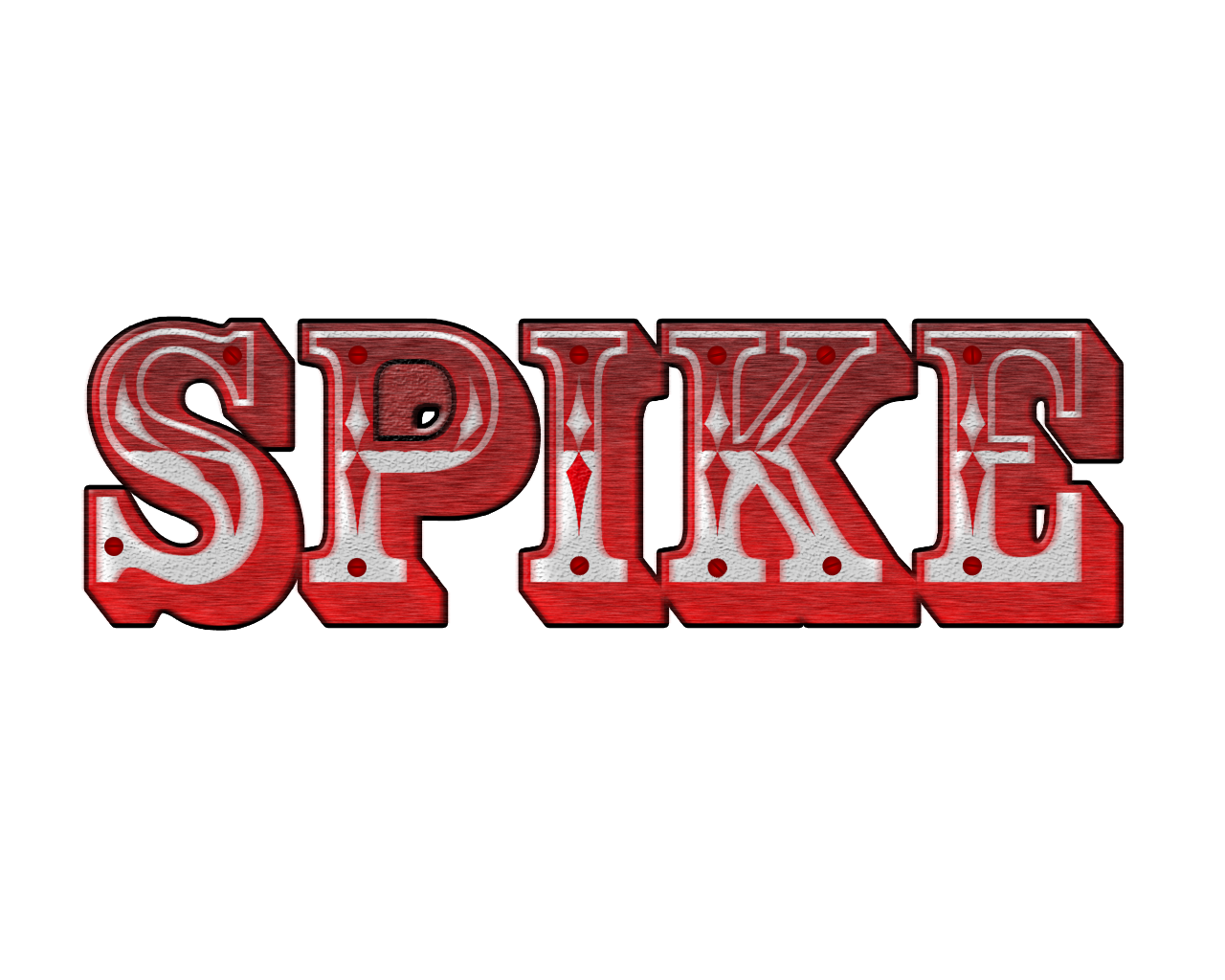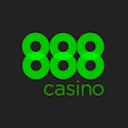WHAT IS GAMBLING ADDICTION AND HOW TO GET HELP

The meaning and the definition of ludopathy are to be found in electronic and gambling game addictions. The World Health Organization included it in the 11th revision of the International Classification of Diseases (ICD-11).
It can be associated with a bipolar disorder in which a person exhibits obsessive behavior toward gaming noticeably damaging other areas of his/her life.
It seems there is a clear influence with ludopathy in relation to compulsive gambling, which is why it is called Pathological Gambling.
Subjects affected by this disorder, in fact, cannot resist the impulse of playing and cannot imagine anything that is outside of the gambling world.
In recent years there have been several myths about people affected by problem gambling which can be debunked by real facts.
Gambling is not only a problem related to the financial aspect, but also to interpersonal relationships.
In the long run, in fact, this addiction can cause relationship breakups with friends and relatives, similarly as other disorders such as substance abuse.
Addiction can involve many problems including not being able to rationalize your actions and consequently blaming everyone around you, without realizing the true nature of the problem.
It is not true that you have to gamble every day to be considered a compulsive gambler, as it is not a problem related to frequency, but more to modalities in which you play.
WHAT ARE SIGNS AND SYMPTOMS OF GAMBLING ADDICTION
Below we list the most common behaviors in line with gambling addiction stories testimonials:
- Feeling the need to gamble using bigger and bigger amounts of money in order to achieve the desired state of excitement;
- Having already tried to reduce, control or stop gambling, but without success;
- Becoming irritable when trying to stop a game session;
- Use gambling in order to escape problems;
- After losing at gambling, often chase back wins with the aim of increasing the balance;
- Lying to family members, therapist, or other support groups to conceal the extent of one's involvement in gambling;
- Committing illegal acts such as thefts to obtain money for gambling;
- Endangering or losing family assets or employment because of an inability to resist the urge to gamble, sometimes without faults;
- Relying on others help to get out of bad financial situations.
Unfortunately it is difficult to know the exact number of addicted because most people are not aware or do not want to admit to have a gambling disorder.
However, ludopathy mostly affects young people age group from 14 to 17 years old and then the over 65s. It is not a coincidence that gambling addiction is considered a "hidden disease", as it does not present visible symptoms that could make one think directly of this disorder.
If you see yourself in one or more of these situations, you should know that you have a problem that you must resolve absolutely. In this regard, it is essential to emphasize that a request for help is never a sign of weakness, but an evidence of strength.
HOW TO GET GAMBLING ADDICTION HELP
Gambling should only be a fun activity. Playing small amounts of money, perhaps together with friends, can be comparable to Bingo Parties, or to pool games with a free pub drink at stake.
The problem arises when played amounts become higher than the budget, consequuently causing damage to the economy of the person, who no longer has money for more important expenses.
All of us can have "bad" days where we just want to refuge in a safe and secure space that will make feel better. For some of us, imagining an evening full of winnings and "crazy" bets at a casino may represent the ideal of a perfect evening.
But we also have to consider the possible consequences of a not so responsible gaming behavior bringing major losses.
There are many other ways to have fun without relying on the gambling industry in case of pathological addiction. In fact, it is possible to spend more time with friends, meditate, discover new passions and embrace new ideals.
However, every gambler is different from the other and it cannot be said that there is a single therapy for problem gambling. It is therefore important that each person follows a specific cognitive behavioral therapy, that is, a personalized path that allows him/her to heal and to feel good with him/herself.
At this point I would like to underline that it is absolutely bad lending money to a gambler to help him pay off a debt caused by himself, since this will not allow him to understand the mistake made and therefore to cure his ludopathy.
Like all pathological addictions, it is good to turn to specialized treatment centers that will provide the best advice and support to stop from gambling.
Therapies provided by these centers are aimed at teaching useful practices to fight problems of any nature, so as not to have to resort to gambling in order to "escape" and find a way out.
There are several support groups and charities active in the field of gambling help.
CONTACT GAMBLERS ANONYMOUS OR JOIN GAMCARE FORUM
The most notable international help service is provided by Gamblers Anonymous, although Canada residents can rely on the CSA and CCSA offering many helplines and also a lower-risk gambling guideline.
Support can also be reached online by checking the leading charity gamcare.org website where you can find self assessment tests or join GamCare Forum.
Another good option is represented by the GamTalk service which provides also a Live Chat. Moreover, there are problem gambling stories, testimonials and information about how to start a therapy.
BEST ADVICES TO FOLLOW AFTER THE GAMBLING ADDICTION THERAPY
As with any other disease, once the pathological addiction phase is over, it is important to adopt a lifestyle that allows us to maintain the benefits obtained during the cure.
It is recommended to:
- Surround yourself with people who can help you not to fall back into old habits.
- Devote your free time to family, friends or new activities.
- If necessary, use self-exclusion on the sites you used to play on.
- In order to truly stay balanced, it is essential taking sometime to continue the therapy, without skipping it or finding excuses to give up.
SPIKE’S ADVICES AGAINST GAMBLING ADDICTION
All gambling games are designed to ensure a greater winning chance to the house in the long run. There is no need to check out terms and conditions to understand that the more you play, the more money you will lose.
This applies to Casinos, Slot Machines, Sports Betting, Poker, Virtual Betting, Horse Racing, Lotteries, and all other existing games.
People often misunderstand the purpose of gambling. You should NEVER play aiming to win, but you should consider the money you lose as an entertainment expense.
The money is not "lost" but spent to experience an emotion, like the money spent for a cinema ticket, or to see a match in a stadium. The cause of the game must be the same as with any other passion, but it must remain a passion.
And it's important not to overdo it and let yourself be dragged into the chasing vortex. So at the first signs of the problem, I suggest to inform your family and friends, to get help for stopping immediately.
Always play with your brain connected!









